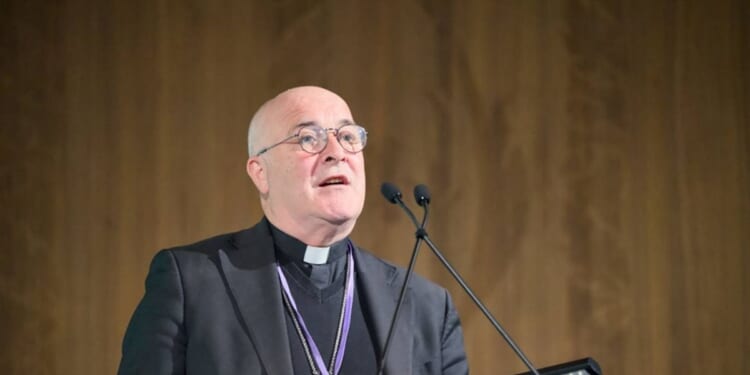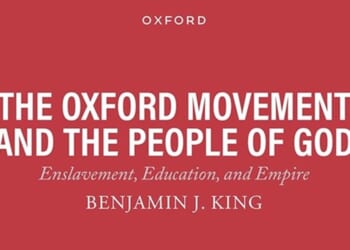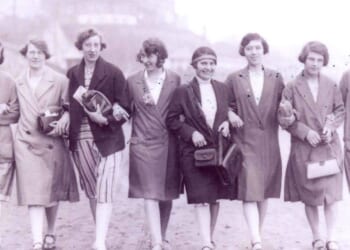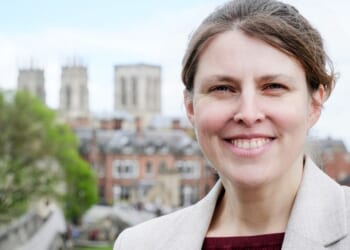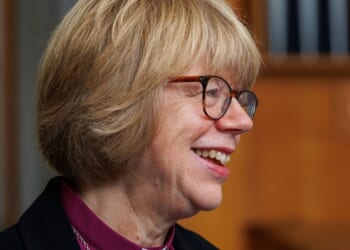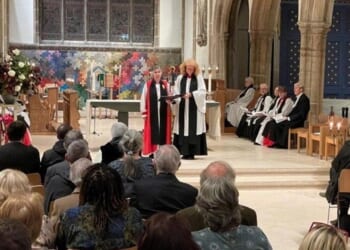CHURCHES are “incredibly anxious” about the future of the Listed Places of Worship Grant scheme (News, 11 April), which must be made permanent, the Archbishop of York told the National Churches Trust conference in London on Tuesday.
Addressing the “Great Expectations” gathering at the V&A, Archbishop Cottrell spoke of the need to “make the case” to Government over the scheme, which had been a “lifeline” since its introduction in 2001, as “probably” only 27 per cent of the country’s churches would remain open in five years’ time.
In January, the Government announced that the grant scheme would be extended for one year only and capped at £23 million. Individual places of worship are eligible for a maximum of £25,000 (News, 24 January).
To date, representations from churches, MPs, and a well-attended Westminster Hall debate about the issue have not yet secured a change of policy (News, 13 May).
“We know that churches are incredibly anxious about the future of the listed places worship grant scheme,” the Archbishop said. “We urge the heritage minister, Baroness Twycross, to recognise that this vital scheme has been a lifeline for church and cathedral buildings for over 20 years, and we want to make it permanent.
“Churches are already doing all they can to fund urgent repairs, accessibility works and sustainability improvements to keep churches watertight and warm for the people they serve. And we welcome an ongoing partnership with the Government, Church and State, playing its part together for these places of community.”
Archbishop Cottrell spoke of the “staggering” number of social action projects run in churches, many of which were open daily to everyone. “There are virtually no other places in our communities today that do this, especially not in rural areas,” he said.
“To lose them, to hamper our ability to renew and restore them, to diminish them, will cause irreparable damage not just to brick and stone, but to hearts and minds, because our church buildings matter, because the Church matters, because community matters, and ultimately, because people and human flourishing matter.”
He continued: “In a world where we too easily become too polarised, too separate from each other, and store up all these divisions, surely we should be strengthening those places which bring us together.”

